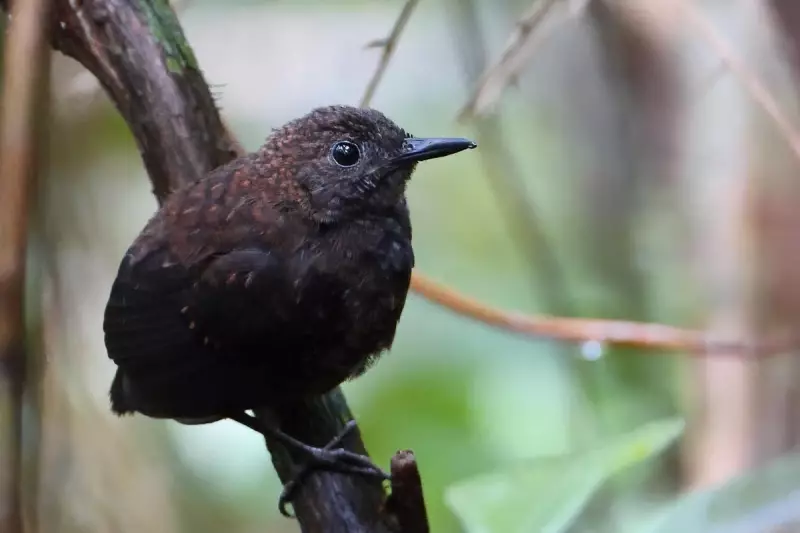
In a startling revelation that underscores the accelerating pace of climate change, new research has uncovered dramatic transformations occurring on Christmas Island that serve as a stark warning for our planet's future.
The Unseen Crisis Unfolding in Paradise
Scientific findings indicate that the iconic Christmas Island is experiencing environmental shifts so profound they're rewriting the rules of tropical ecosystems. The research paints a concerning picture of how rising temperatures and changing weather patterns are creating ripple effects across the globe.
From the Arctic to the Tropics: A Connected Crisis
The study reveals an alarming connection between Arctic warming and dramatic changes in tropical regions like Christmas Island. As polar ice continues to melt at unprecedented rates, the knock-on effects are being felt thousands of miles away in some of the world's most biodiverse regions.
Wildlife in Peril: The Silent Suffering
Christmas Island's unique species, including its famous red crabs and rare seabirds, are facing unprecedented challenges. Changing rainfall patterns and temperature shifts are disrupting breeding cycles and threatening food sources, pushing some species toward the brink of extinction.
Global Implications: Why This Matters to Everyone
The transformations occurring on Christmas Island aren't isolated incidents. Researchers warn that similar changes are being observed across multiple regions, including:
- Australian coastlines experiencing more frequent and intense weather events
- West African nations facing altered rainfall patterns affecting agriculture
- Central American countries dealing with shifting ecosystems and biodiversity loss
These changes serve as early warning signs of broader global disruptions that could affect food security, water availability, and economic stability worldwide.
The Human Cost of Climate Inaction
Beyond the environmental impact, the research highlights how communities dependent on stable climates are already experiencing significant challenges. From fishing communities facing changing ocean currents to agricultural regions dealing with unpredictable growing seasons, the human consequences are becoming increasingly difficult to ignore.
The findings represent a critical call to action for policymakers and citizens alike, emphasizing that climate change is no longer a distant threat but a present reality demanding immediate attention.





